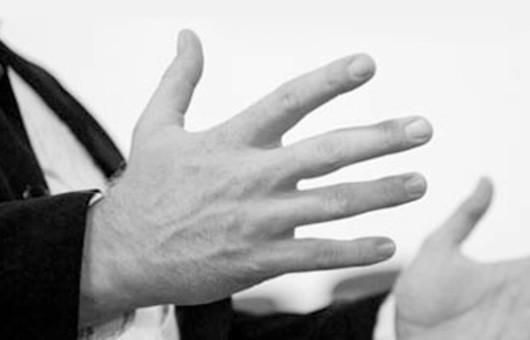Zerka Moreno likened psychodrama to a three-legged stool. The first leg is psychotherapy, the second is group work and the third is sociometry. In order for the stool to be balanced, all legs must be equal. In this workshop we will be paying attention to the second leg – group work.
This workshop will be useful to anyone who works in a group leadership role regardless of the nature and goals of the group, for example, group psychotherapists, family therapists, social workers, psychiatric and general nurses, occupational therapists, diversional therapists, business and sports coaches, teachers and instructors of all kinds and anyone in a management, supervisory or community leadership role. It will be particularly useful as an adjunct to psychodramatist, sociodramatist, sociometrist and role trainer training at core and advanced levels. Practitioners in these areas will find it useful for revising and refreshing their skills.
We will be looking at the stages of group development and at group process. Because of the wide variety of group development theories, we will be using Wheelan’s 2005 integrated model. This model synthesises the core concepts of the major theories. The areas of group process we will focus on are: group interaction, building trust, leadership challenges, individual systemic roles, stuck points, trusting the group process, developing cohesiveness, doing the work of the group and group termination. We will also practice viewing the group as an open or closed system, rather than as a collection of individuals, and the behaviour of individuals as an expression of the system’s needs rather than those of the individual. Both Morenian and Family Systems models will be employed.
The workshop will be structured around both theory and practice. Each participant will be given the opportunity to practice in a small group setting.
Visiting Teacher
Yehoshua is a social worker, gestalt therapist, family therapist, group psychotherapist and social science researcher. In the past 40 years, he has conducted group psychotherapy with Vietnam veterans, in child protection, and in the community health and private sectors. He has over 1,000 hours group leadership training and over 15,000 hours group leadership experience. His recent highly commended Master of Counselling with Honours (UNE) thesis examined the connection between psychodrama and group work, and the psychosocial themes arising in an intensive four day psychodrama group.
Detailed information will be emailed to interested people closer to the date of each workshop
2017 Psychodrama Professional Development Program, Canberra
These workshop will focus on building a culture in which relationships flourish, where we are able to live and work. In which healing and purpose can be fulfilled. Passion and kindness go hand in hand along with a vision of creative living. Learning to reflect on ones behaviour and others will assist in making interventions. Learning to embrace conflict and problem solving, rather than avoiding concerns that arise, will strengthen relationships and assist in the development of a positive group culture. Leadership abilities and the application of the psychodramatic method will be a focus. Each weekend will have a specific psychodramatic focusing on practice and theory.
The psychodramatic method assists participants to increase their spontaneity and creativity through active participation. This participation includes group work, enactment and theoretical mini lectures. The program will assist in developing leadership and personal confidence. This will lead to increasing abilities in relating to others. The training assists in developing confidence in group presentations and in the development of interpersonal and group skills.
This workshop is one of a series is designed for professional people who are involved in health, theatre, management, consultancies, coaching, mentoring , supervision, art, writing, teaching, human potential and creative therapies. The process will assist in the deepening of abilities to step into the shoes of others and this will contribute to the effectiveness of those who are therapists, counsellors, psychotherapists, health workers, managers, trainers and educators, actors, artists, writers and poets. Supervised practice for advanced psychodrama trainees is also an aspect of this program. The course will consist of enactment, group participation and discussion. Participants are expected to be actively involved, in both days. The learning of new skills will be emotionally challenging.

